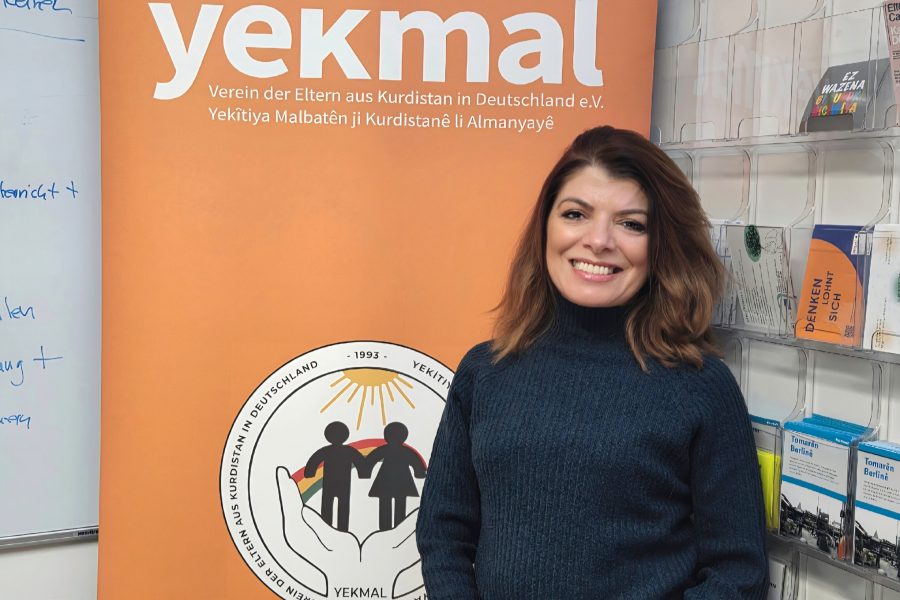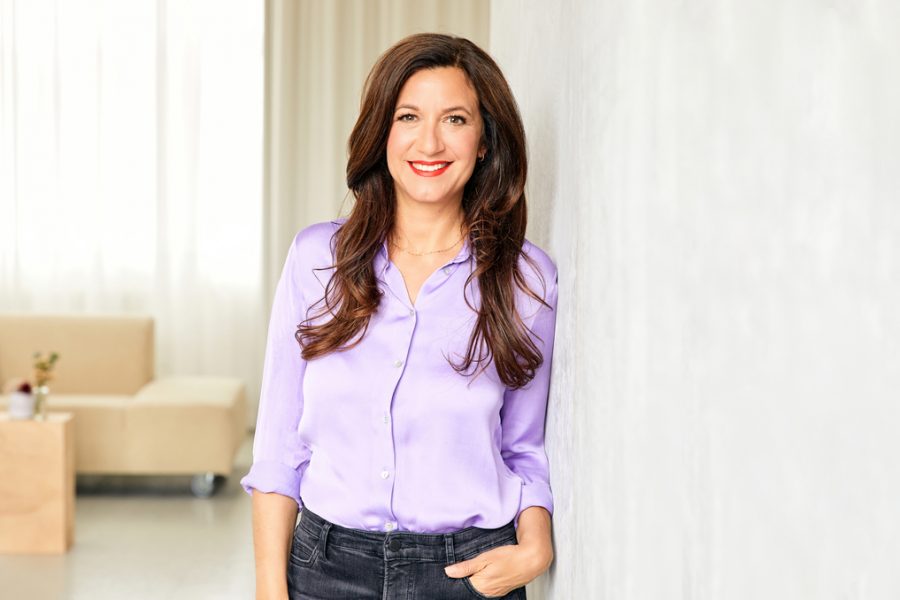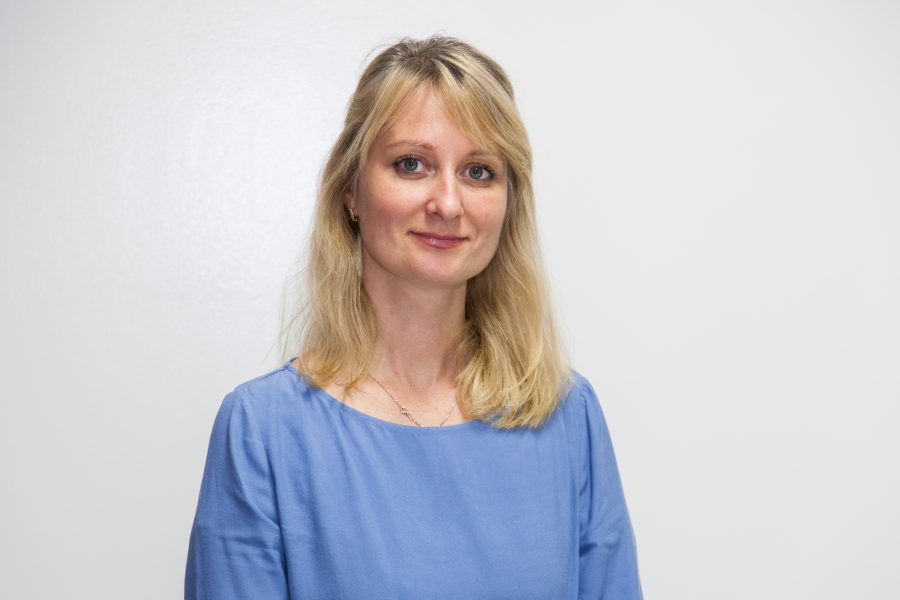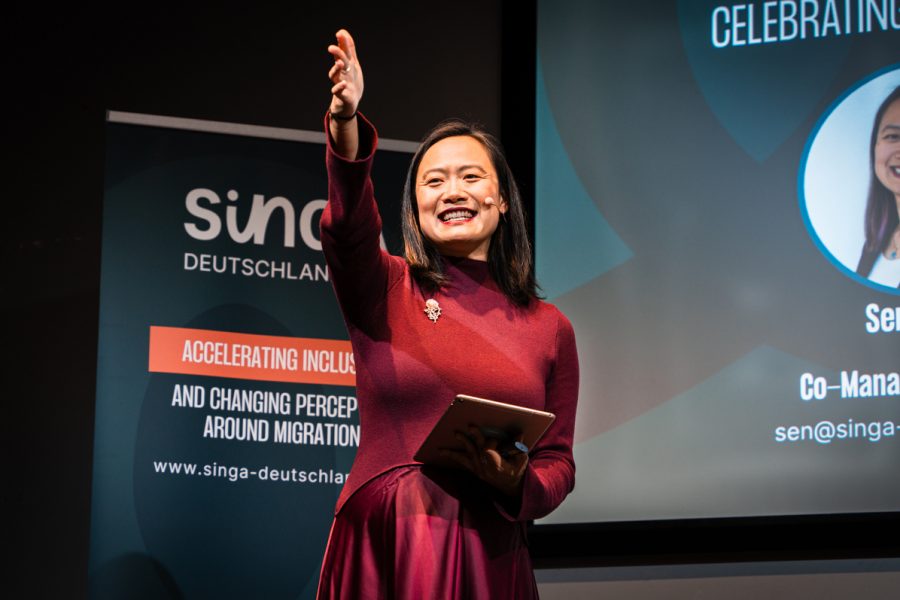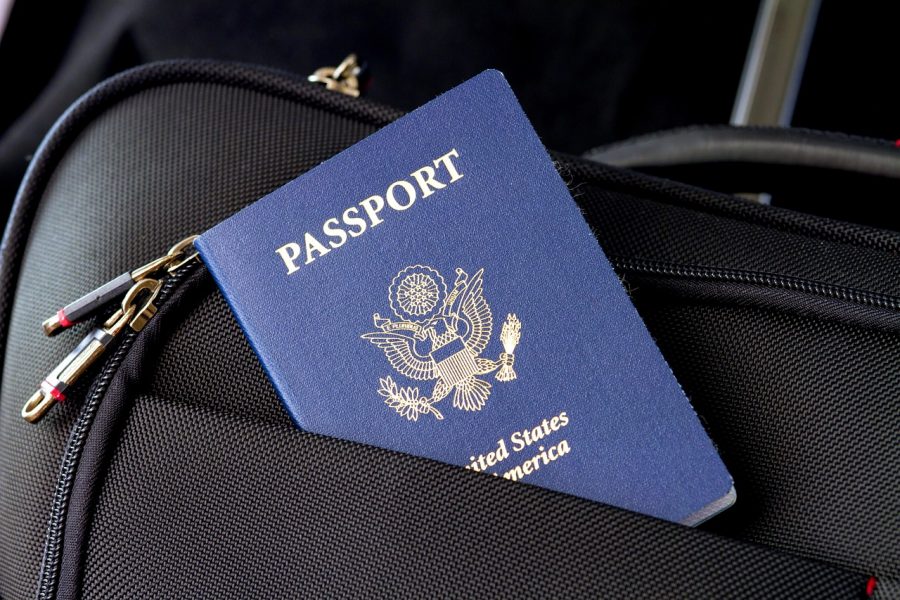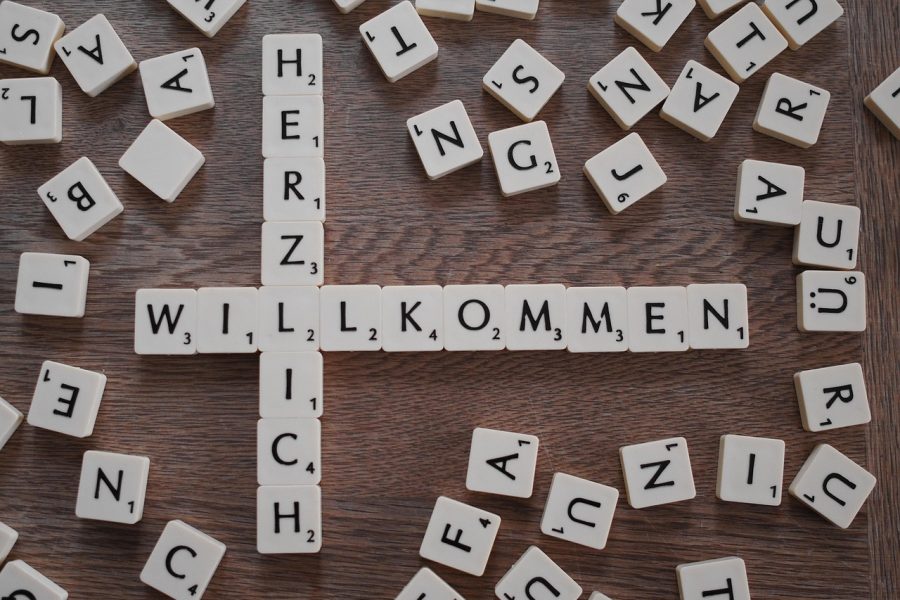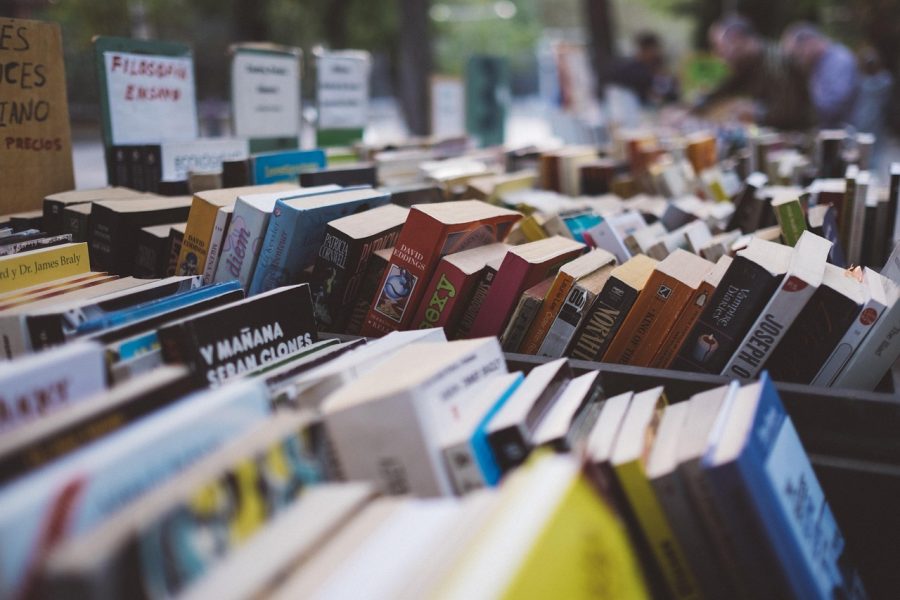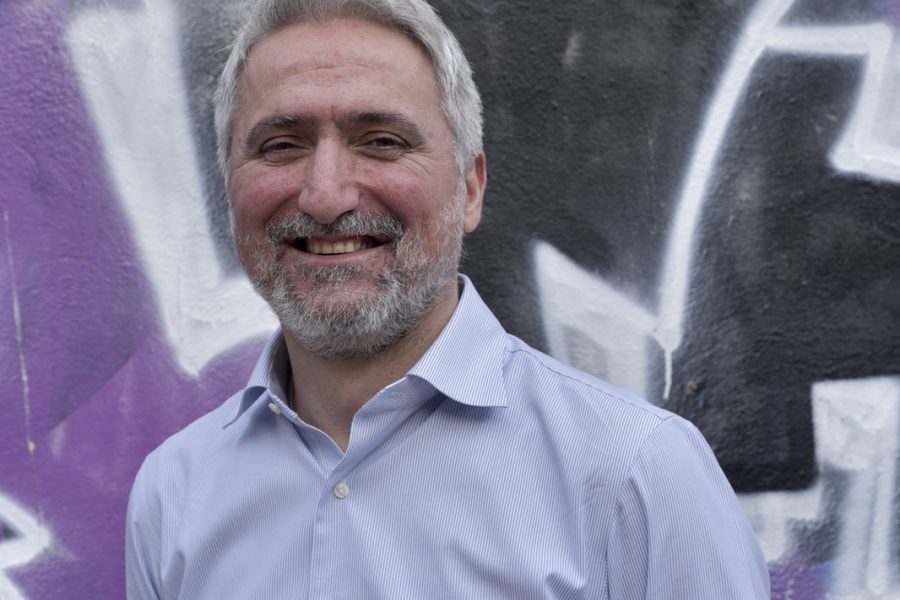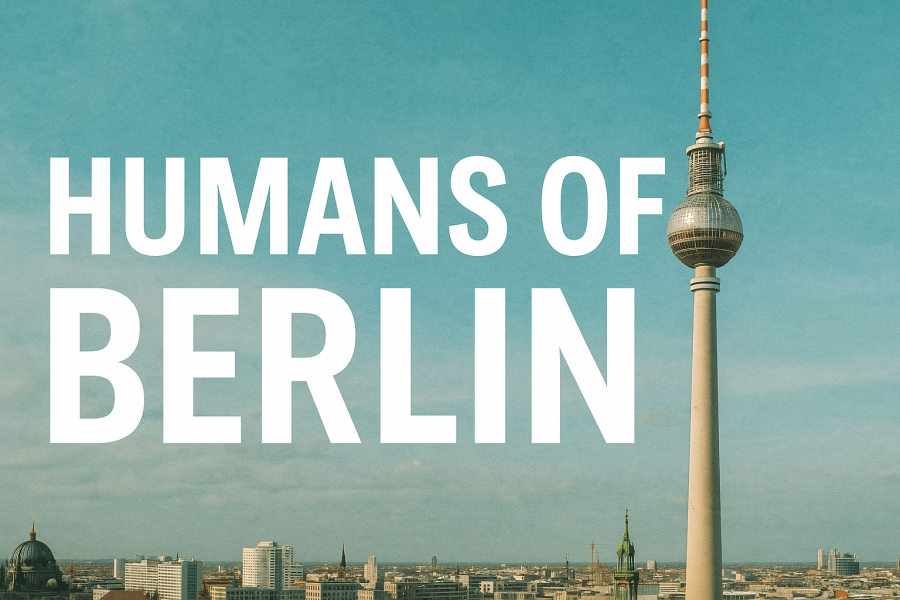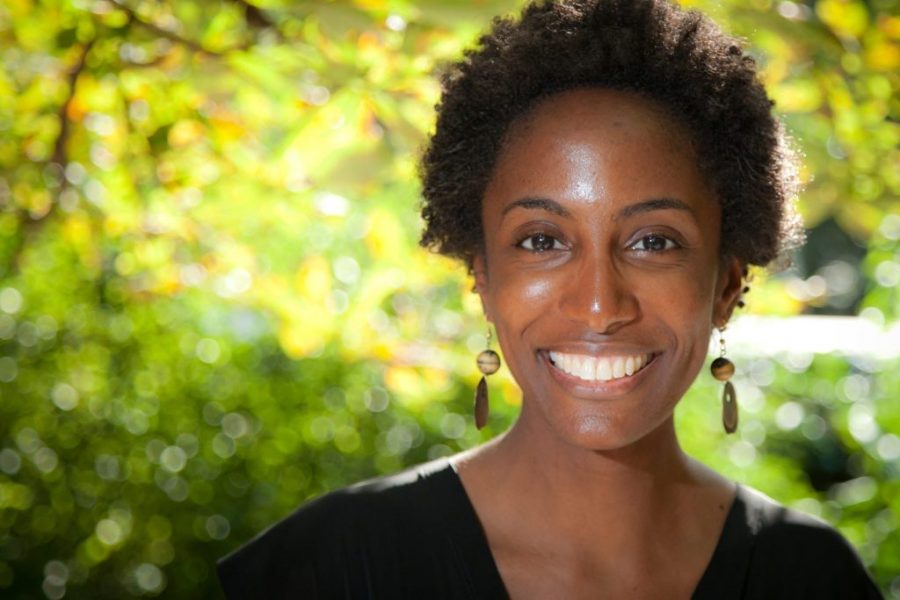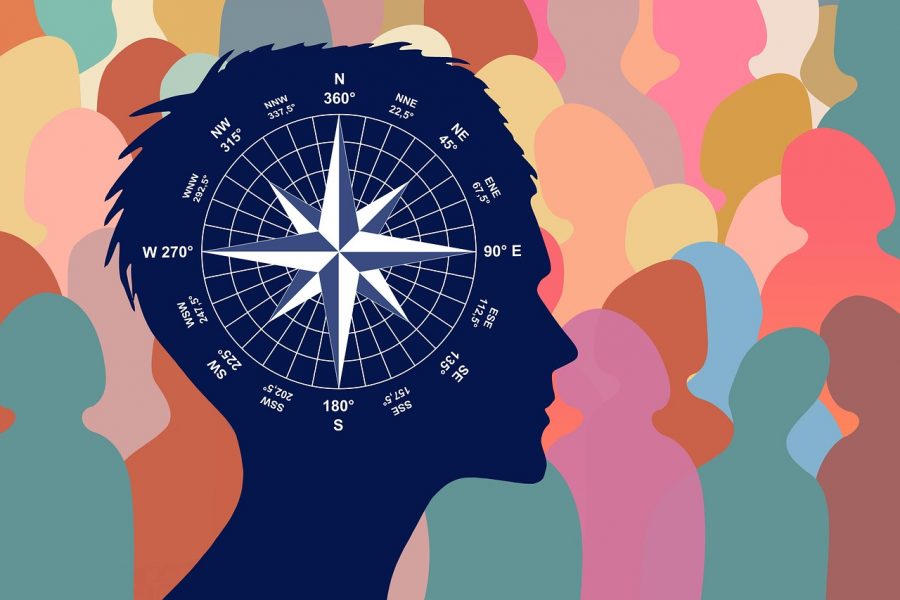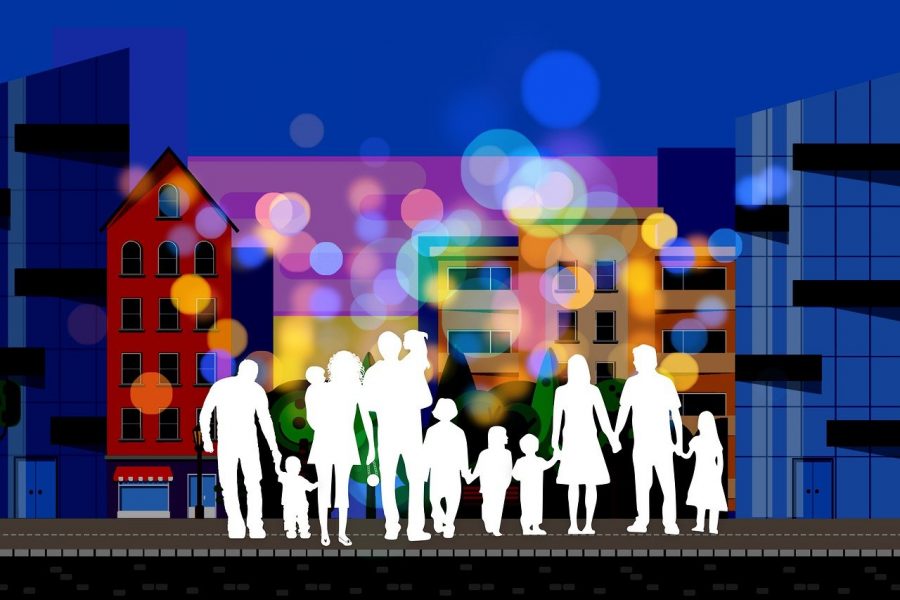We engaged in a wonderful discussion with Alexander S. Wolf Foundation AusserGewöhnlich Berlin and our amazing twenty-five guests, Berliners originally coming from four continents at Wahlheymat Talks #2 on 8.11.2023 in Weltwirtschaft restaurant at Haus der Kulturen der Welt (HKW). Our main Takeaways:
MEANING OF WORDS – “Integration is bullshit” – the term integration implies that the newcomer in Berlin society should learn to be like the natives. It is misleading. Newcomers should bring to the table their culture and diverse voice, enriching how we live, work, and see the world in this city. We are in a transformation process, where everyone has a role. Diverse voices tell the complete truth.
LANGUAGE – How to understand each other without a common language? German is the language of Berlin, but it takes time for foreigners to be able to use it. We have to learn to be tolerant in the long process of learning German. Tolerance means translating, using third languages, like English. Judging, prejudice make things worse. Encouraging, learning at the workplace helps. In the end, newcomers will be the best advocates of the German language.
DEUTSCH – Who is Deutsch? There are very different ‘Germanen,’ people speaking the same language with characteristic differences. They are diverse themselves, coming from different traditions, being proud of their origin. Diversity has always been a part of life during German history.
ALTERNATIVE STRUCTURES – Today’s public-political life in Berlin is a very complex system that is incredibly hard to change. The easiest way to go is by creating alternative smaller independent systems. They can replace the existing ones. Challenging the status quo seems to be the best chance to improve the system.
LONELINESS – Feeling lonely seems to be a common pattern in Berlin. Citizens, entrepreneurs, even politicians feel left alone; there is a jungle of committees (Beirate), civic organizations, all with the best intention, creating a situation that is very hard to oversee. Listening – understanding – co-creating, this is the magic cycle; let’s turn it into everyday practice.
Thanks for the Fotos, Kidus Assefa , Fanni Gabor.
WahlheYmatPost — Understand How To Berlin
Weekly guide for Berlin’s international community
Quick stories, local events, and ways to take part, right in your inbox — made with Berliner Morgenpost.
Your data matters to us — see our privacy policy.
This is a coooperation with Berliner Morgenpost. You can subscribe to their newsletters here.

Top 5 Takeaways from Wahlheymat Talks
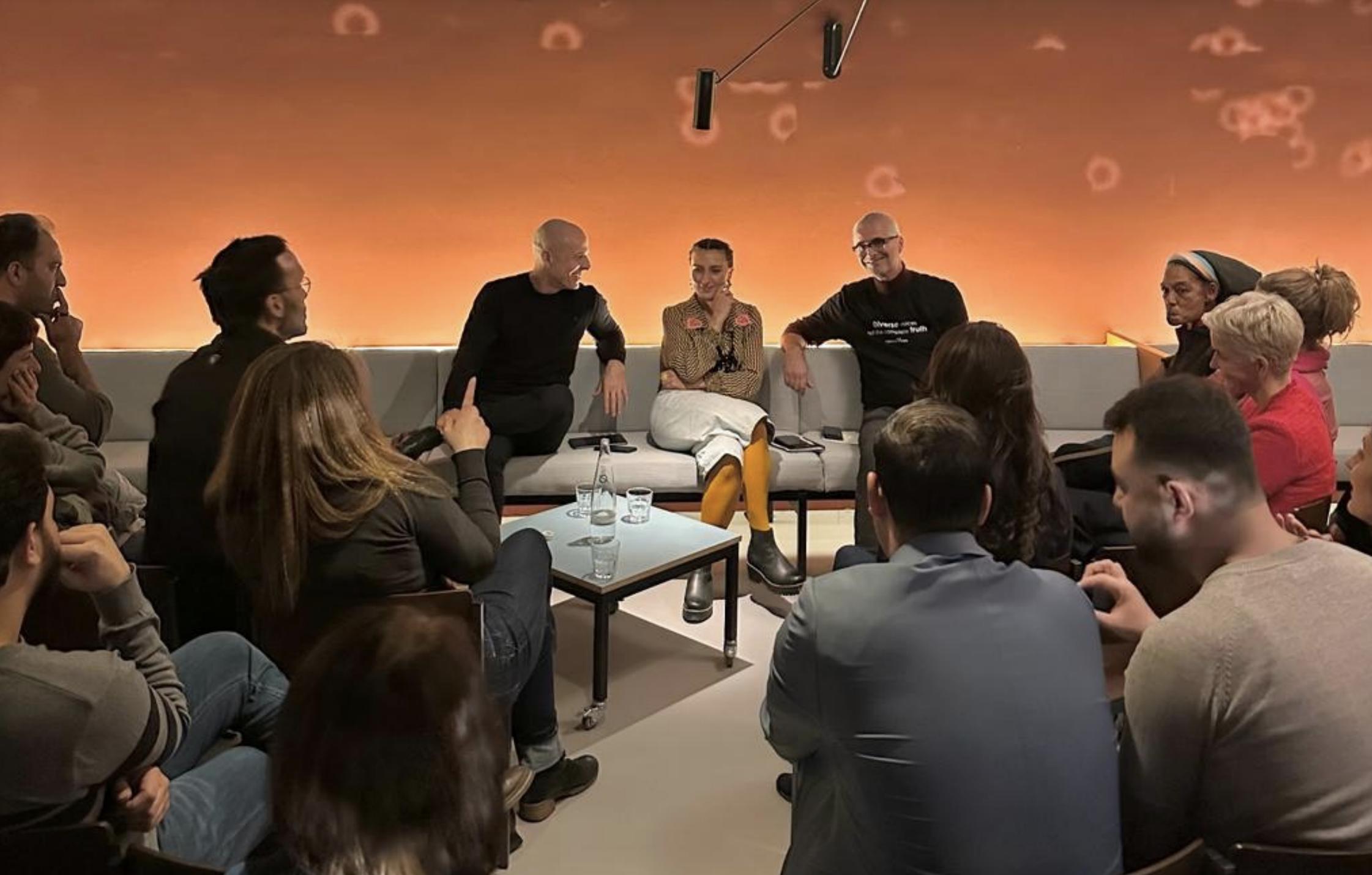
More From WahlheYmatPost
WahlheYmat Writes Newsletter
Our association’s own updates, including news about upcoming events, new initiatives, organizational news, and project developments from WahlheYmat e.V.
Address
Am Hamburger Bahnhof 3
10557 Berlin
Germany
hey@wahlheymat.de
